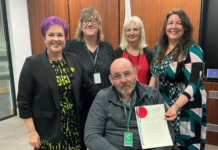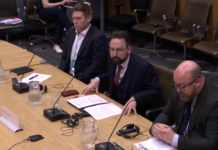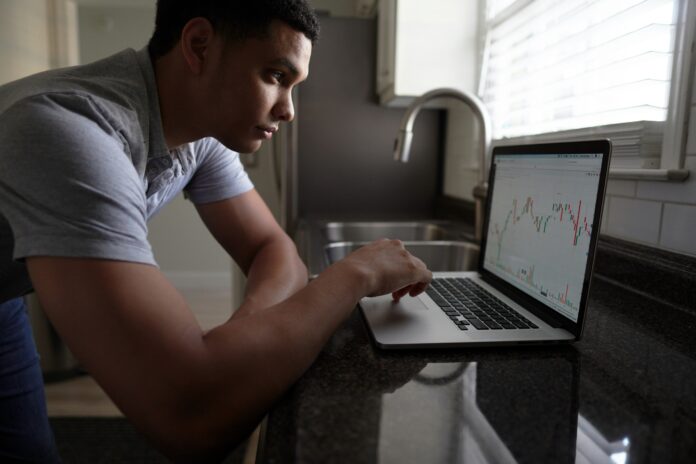Trading Forex or stocks online is exciting and has the potential to be lucrative. But, it also comes with risks if you’re dealing with either an incompetent or a dishonest broker. Here are 10 ways to verify your online broker’s credentials, and keep your hard-earned savings away from fraudsters.
1. Check your broker’s licence
First, check whether your broker is regulated by the Financial Conduct Authority (FCA), and approved to hold client money. The FCA regulates financial services players and financial markets in the UK. It also maintains an online register of licensed firms. Find your broker’s registration number and legal name on their website, and cross-reference that information on the FCA’s register.
2. Read user reviews
A broker’s reputation is a strong indicator of their reliability. Search for reviews on specialised platforms like Brokerpedia, social media and other community sites. Be cautious of reviews that are either overly positive or negative, as they could be disingenuous. Instead, look for patterns in the feedback. Recurring complaints over fees, withdrawal issues or customer service should be a concern.
3. Check contact details
Legitimate brokers provide clear and accessible contact information on their website. At the very least, you should expect to find a physical address, phone number, and/or email. Be wary of brokers that only provide a P.O. box or vague contact details. A legitimate broker should be easy to reach and transparent about their location and operations.
4. Look into their background and history
How long has your broker been in business? If your broker is new, you may want to think twice about investing through them. Conversely, brokers who’ve been in business many years usually have a record of stability and success. To form an opinion on their background, run a Google search on your chosen broker to check whether any recent information has come to light.
5. Required segregated accounts
Any funds you invest through your broker should be held in segregated accounts, separate from the broker’s own operational funds. This will protect your money should your broker experience financial distress. It’s such an important measure that it’s required by law for brokers regulated in the UK and the EU.
6. Start with a small deposit and withdrawal
Before investing large sums of money through a given broker, start by making a small deposit followed by a subsequent withdrawal. This will help you verify your broker’s processes, and provide clarity around fees. Only invest larger amounts if you are fully satisfied with the manner in which they processed your initial deposit and withdrawal.
7. Assess their security protocols
Check if the broker uses strong encryption and security protocols, like two-factor authentication, to protect your personal and financial information as you use their website. Legitimate brokers will have stringent identity verification processes in place to prevent unauthorised access to your account. You may want to avoid brokers that allow users to trade with little to no checks, as this could put your account’s safety at risk.
8. Be weary of aggressive sales tactics
High-pressure sales tactics are always a red flag, but perhaps even more so in the financial services industry. If you are ever promised unrealistically high returns, supposedly ‘risk-free’ investment opportunities, or pressured to fund your trading account, take time out to reconsider investing altogether.
9. Read terms and conditions carefully
Before opening an account, read the broker’s terms and conditions thoroughly. Pay special attention to their withdrawal policies and fees. Ensure that their terms are fair and transparent. If anything seems unclear or unfair, don’t hesitate to ask questions.
10. Look for clear legal disclaimers
Honest brokers provide clear legal disclaimers outlining the risks involved in trading the financial markets. Be cautious of brokers who either downplay these risks, or omit risk warnings altogether. It’s important that you understand these risks, and that your broker be open about them too.
Conclusion
Capital preservation is one of the keys to building wealth over time. That’s why it’s always a good idea to verify the legitimacy of your online broker before trusting them with your savings. Due diligence is your best defence. Always research thoroughly and trust your instincts. If something feels off, it probably is.
Help keep news FREE for our readers
Supporting your local community newspaper/online news outlet is crucial now more than ever. If you believe in independent journalism, then consider making a valuable contribution by making a one-time or monthly donation. We operate in rural areas where providing unbiased news can be challenging. Read More About Supporting The West Wales Chronicle

























